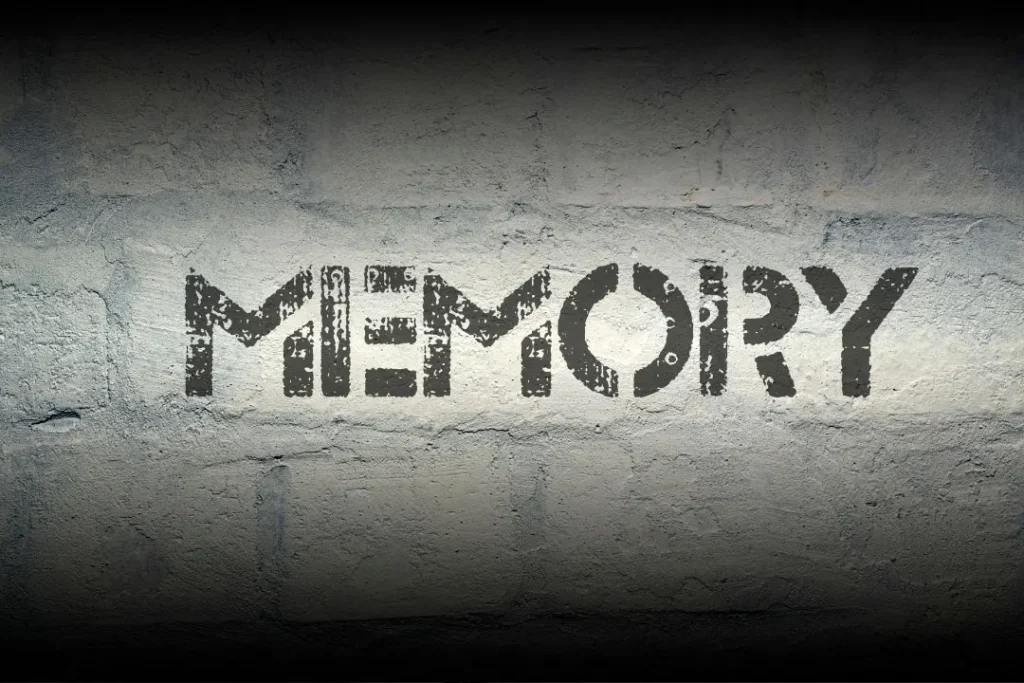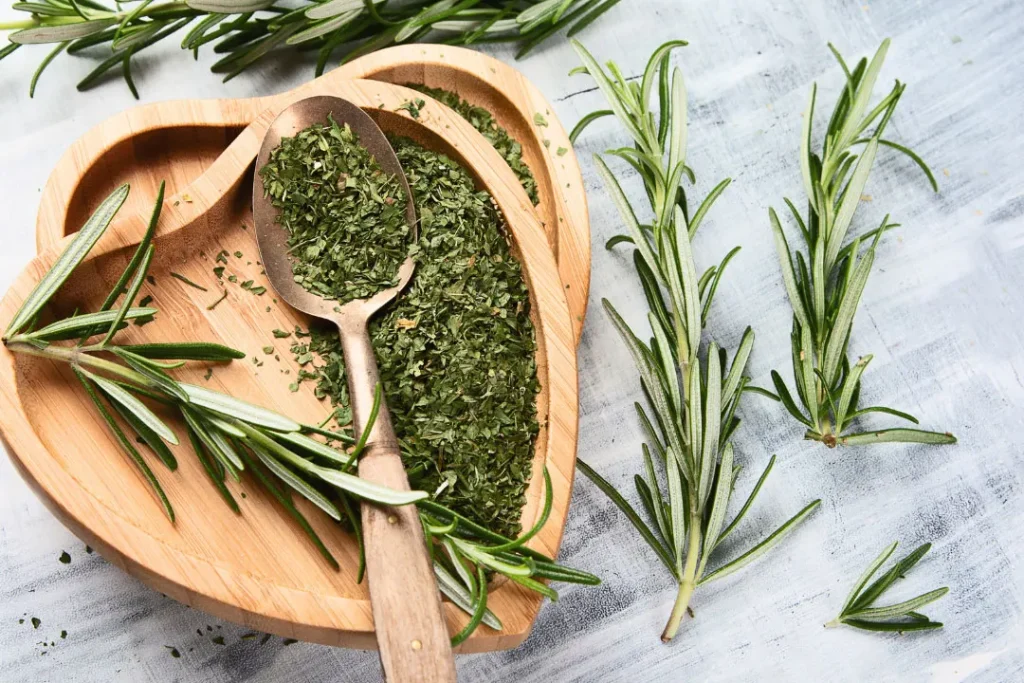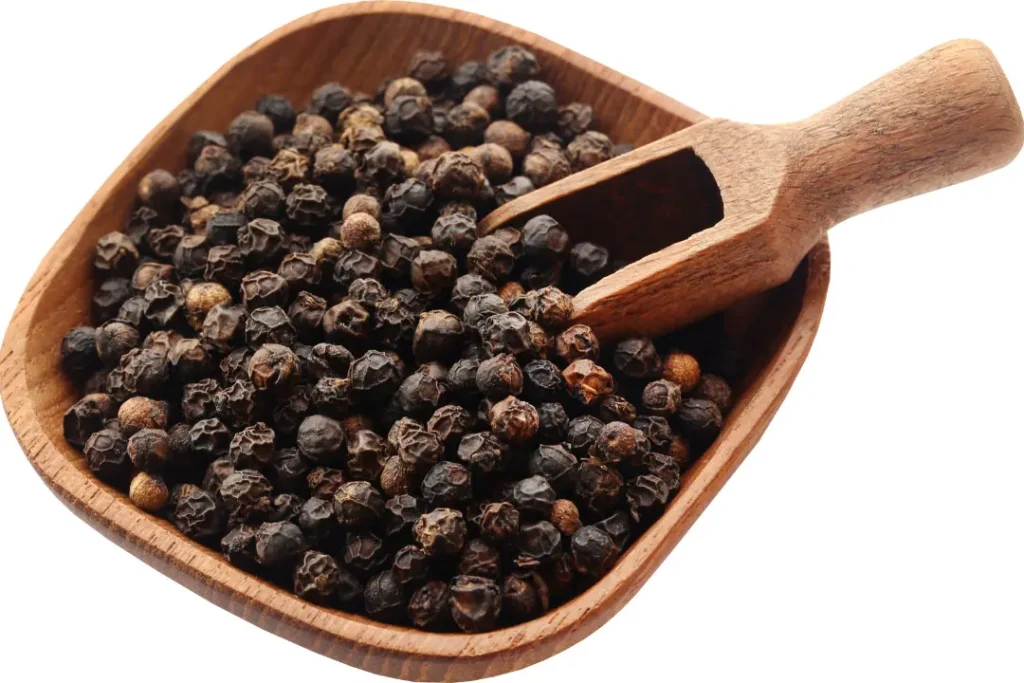Nootropic herbs may boost focus and mental clarity through a range of mechanisms, including enhanced blood flow to the brain, reduced stress and anxiety, and enhanced neurotransmitter activity. We’ll discuss five great herbs for focus and mental clarity and recommend one of the best nootropic brands on the market.
In today’s fast-paced world, nootropics are becoming a popular way to get ahead. A global survey found that 14% of respondents have used a nootropic drug or equivalent. While there are numerous nootropic options on the market, it’s worth examining the natural herbs that often make up these nootropics.
In this article, we’ll examine five exceptional nootropic herbs for focus and mental clarity. Then we’ll recommend one great nootropic brand that uses some of these herbs in their formulas.
You May Also Like:
5 Great Nootropic Herbs for Energy, Focus, and Productivity
5 Great Supplement Ingredients to Include In Your Nootropic Stack
How do nootropic herbs for focus and mental clarity work?
First, let’s discuss what nootropic herbs for focus and mental clarity are and how they work.
Broadly speaking, a nootropic is defined as “a substance that enhances cognition and memory and facilitates learning.” Nootropic herbs can work in a variety of ways. This can include increasing the supply of oxygen and glucose to the brain, protecting the brain from neurotoxicity, and improving brain metabolism. However, some of these effects are only noticeable with long-term use.
With this background out of the way, let’s dive into our list of 5 great nootropic herbs for focus and mental clarity.

#5 – Ginseng
One common nootropic herb is ginseng. Scientists have studied the numerous strains of ginseng for various therapeutic uses. Depending upon the strain, ginseng can help to increase energy, reduce inflammation, and lower blood sugar. As an herb for focus and mental clarity, a 2018 scientific review concludes that ginseng could improve cognition. Similarly, another study found evidence that ginseng and herbs like it can have cognitive-enhancing effects equivalent to pharmaceutical nootropics.

#4 – Ginkgo biloba
Derived from one the oldest living tree species, Ginkgo biloba is one of the most common herbal supplements in the world. It has been used medicinally to treat a variety of ailments, including anxiety, allergies, tinnitus, and more.
As one of the nootropic herbs for focus and mental clarity, some evidence suggests that using Ginkgo biloba extract can improve your working memory and increase the speed of your brain’s information processing. However, more studies are needed to determine this conclusively.
#3 – Rosemary
Rosemary is an herb native to the Mediterranean region. Besides adding fragrance to meals, rosemary may boost the immune system and reduce muscle pain. Additionally, there is evidence that suggests that the therapeutic use of rosemary could slow the neurodegeneration associated with Alzheimer’s disease. Additionally, some research has shown that rosemary essential oils could improve memory. In fact, the aroma of rosemary by itself could boost cognition.

#2 – Black pepper
Black pepper, known scientifically as piper nigrum, is an herb that’s been used to add flavor to food all over the world. The active ingredient in black pepper is piperine, which has been shown to aid in the absorption of certain supplements.
One study shows that the consumption of black pepper extract may improve memory. Another study suggests that the piperine in black pepper can improve memory and guard against the neurodegeneration associated with Alzheimer’s disease.

#1 – Centella asiatica/Bacopa monnieri
In first place we have a tie between two herbs for focus and mental clarity that are often confused, but which work in similar ways.
Also known as Gotu kola, Centella asiatica is an herb that is widely used in Ayurvedic medicine. It is known as a cognitive enhancer that can help to increase neuron growth. There are also studies suggesting that Centella asiatica has neuroprotective properties.
Centella asiatica is often grouped with Bacopa monnieri. Both are candidates for the Ayurvedic herb known as “Brahmi,” and research suggests that the two have similar effects. Additionally, some studies show that the use of Bacopa monnieri extracts could improve memory and other cognitive abilities.
Where to get herbs for focus and mental clarity
Lastly, we’ll highlight a great company that incorporates nootropic herbs for focus and mental clarity in their products – myPEAK Supplements.
Founded by a medical student and a medical resident, co-founder Dr. Bhargav Patel explains how he and his co-founder initially produced their supplements on a small scale. “From the science and everything we had studied, we created them for ourselves and the people we love, and they spread out from there.” Today, myPEAK Supplements is all about helping people perform at their best. All of its products are natural, sustainably produced, and made with scientifically-backed ingredients.
For nootropic purposes, you can’t go wrong with myPEAK Brilliance. This nootropic supplement incorporates some of the best herbs for focus and mental clarity, including Ginkgo biloba, Bacopa monnieri, and black pepper extract. In addition, myPEAK Brilliance stands out due to its powerful formula that provides an array of benefits, including sustained energy, improved focus, and increased productivity. Lastly, myPEAK Brilliance is vegan, non-GMO, gluten-free, and made from natural ingredients.
You can buy a 30-capsule bottle of myPEAK Brilliance for $39.00. This can be reduced to $35.10 with a subscription.
The best herbs for focus and mental clarity
When it comes to nootropic herbs for focus and mental clarity, there are many choices on the market. With all the different varieties and products available, it can be hard to choose which is best for you.
After reading this article, you are hopefully better informed about which nootropic herbs and supplements may be right for you. That being said, don’t forget to take care. As with any supplement, especially supplements that affect your brain, you should do your due diligence and consult with your doctor. This article serves as a guide to set you on the right track to improved mental clarity and focus.
Further References:
Medical News Today – What are nootropics (smart drugs)?
Verywell Mind – What Are Nootropics?
Psychology Today – Nootropics
SciTechDaily – 7 Natural Nootropics For Better Brain Performance: Which Is Best?
Important Note: The information contained in this article is for general informational purposes only, and should not be construed as health or medical advice, nor is it intended to diagnose, prevent, treat, or cure any disease or health condition. Before embarking on any diet, fitness regimen, or program of nutritional supplementation, it is advisable to consult your healthcare professional in order to determine its safety and probable efficacy in terms of your individual state of health.
Regarding Nutritional Supplements Or Other Non-Prescription Health Products: If any nutritional supplements or other non-prescription health products are mentioned in the foregoing article, any claims or statements made about them have not been evaluated by the U.S. Food and Drug Administration, and such nutritional supplements or other health products are not intended to diagnose, treat, cure, or prevent any disease.


